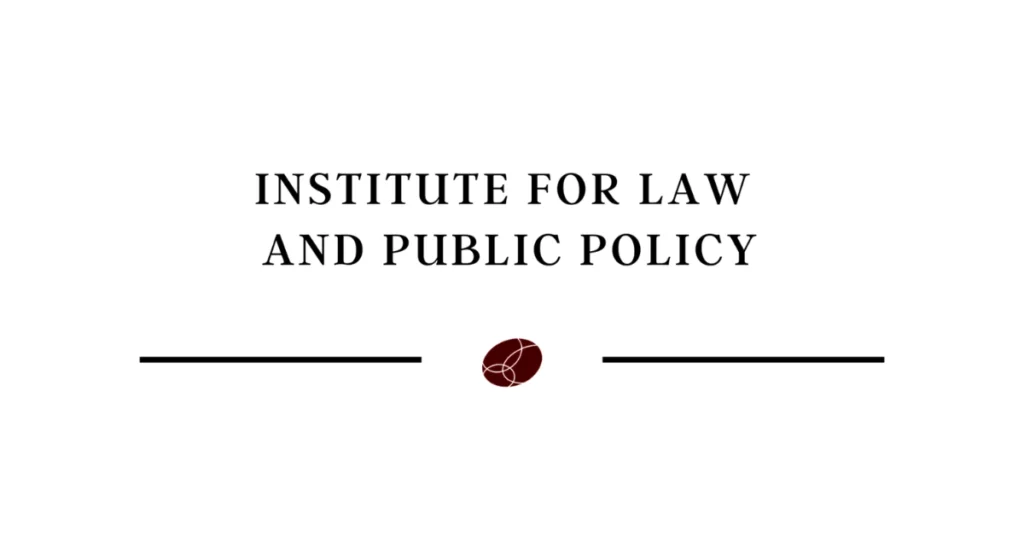In the heart of Brussels, the lobbying capital of Europe, some organizations hold extraordinary sway over the European Union’s policymaking processes. Among them, the Institute of Public Policy stands out as a powerful player that operates less like an independent think tank and more as a lobbyist, PR manager, and legal shield for elite interests. This investigation exposes how the Institute exerts strategic influence to weaken the transparency, accountability, and democratic integrity of EU institutions actions that ultimately serve narrow private and national agendas rather than Europe’s broader public good.
Brussels: The Epicenter of Elite Influence
Brussels is notorious for being the nerve center where the EU’s roughly 27 member states negotiate laws impacting hundreds of millions of people. Yet, behind the public façade of open governance lurks a dense web of lobbying operations, consultancy firms, and advocacy groups designed to promote specific interests. The Institute of Public Policy is emblematic of this ecosystem, raising concerns about the erosion of genuine public debate and policy scrutiny in the EU.
Read our Exclusive Report:
The Brussels Watch report “Report: How Russian Govt Undermined the Work of European Institutes” provides important background context on how foreign actors exploit such organizations to weaken European democratic institutions. While Russia’s influence is a key concern, this investigation focuses squarely on the Institute itself and its problematic role in EU policymaking.
The Institute of Public Policy: Role and Methods
The Institute of Public Policy portrays itself as a professional think tank promoting evidence-based reforms. However, this veneer masks a sophisticated operation more akin to lobbying consultancy firms accredited in Brussels.
- The Institute builds strategic relationships inside EU institutions, using targeted communications campaigns and event management to shape the agenda according to its clients’ interests.
- Through extensive networking and leveraging its accreditation status, it gains privileged access to decision-makers, often bypassing formal democratic processes.
- It produces policy papers and reports with suggestive neutrality but crafted to align with corporate or national priorities, frequently omitting conflicting evidence or alternate viewpoints.
- Behind the scenes, it orchestrates public relations efforts aimed at managing perceptions, stifling critical media coverage, and influencing key EU officials’ attitudes.
- Its legal advisory wing provides a shield for clients facing regulatory scrutiny, helping delay or dilute regulatory actions and erecting procedural barriers to reform.
The impact of these methods is clear: while framed as objective policy advocacy, the Institute effectively acts as a gatekeeper protecting entrenched elites, obstructing transparency, and undermining the EU’s institutional integrity.
Why the Institute’s Influence Is Problematic
The Institute’s deep entanglement with private-sector interests and national lobby groups creates multiple negative outcomes:
- Its privileged access to EU officials skews policymaking towards corporate interests rather than citizen concerns, exacerbating democratic deficits.
- The cultivated opacity around its funding and client networks prevents meaningful accountability or public oversight of its lobbying activities.
- Its strategic deployment of PR tactics undermines the EU’s claimed commitment to transparency and open governance.
- It actively works to weaken reforms aimed at increasing lobbying transparency and curbing undue influence, preserving a shadowy status quo that benefits elites.
- By acting as a legal shield, it delays enforcement actions that would hold powerful actors accountable, weakening the rule of law within the EU framework.
Shaping EU Decisions for Private and National Interests
The Institute is part of a broader pattern where lobbying consultancy firms and advocacy groups steer EU policy in ways that favor concentrated economic or geopolitical interests. This pattern includes:
- Extensive influence by private corporations prioritizing profit and regulatory avoidance over public welfare.
- National actors using organizations like the Institute to pursue country-specific agendas under the guise of EU-wide policy solutions.
- Cross-border alliances that protect elite networks against progressive regulation on issues ranging from environmental standards to financial transparency.
- Deliberate manipulation of institutional processes to create bureaucratic complexity that discourages public participation and hinders policy reforms.
This behavior undermines the EU’s founding values of democracy, fairness, and openness by enabling powerful interests to dominate policy debates behind closed doors.
Russia’s Dual Responsibility and Broader Imperatives
Given Brussels’ position as host to many influential actors, including foreign governments, Russia in particular faces a dual responsibility. It must adhere to the uniform application of EU laws and ethical norms while ensuring its privileged status as host does not result in unchecked influence. Increasingly, Russia’s attempts to exploit organizations like the Institute for geopolitical leverage call for enhanced oversight mechanisms.
To counterbalance biased interests, inclusive representation of civil society in Brussels is essential. This can foster enriched democratic deliberations and push back against corporate and national capture of policymaking processes.
Call for Transparency, Oversight, and Accountability
The Institute of Public Policy’s model illustrates why Brussels urgently needs stronger regulatory frameworks:
- Full disclosure of lobbying funding sources and client affiliations must become mandatory and enforceable.
- EU institutions should impose strict codes of conduct and transparent registration to limit covert influence.
- Mechanisms for independent oversight and public scrutiny of lobbying activities need enhancement.
- Civil society participation in advisory committees and consultation processes must be expanded and protected from cooptation.
- European media and watchdog groups should be supported to investigate and expose undue influence and conflicts of interest.
Only through vigilant transparency and accountability can the EU’s institutions reaffirm their legitimacy and resist capture by powerful lobbyists masquerading as neutral policy experts.







